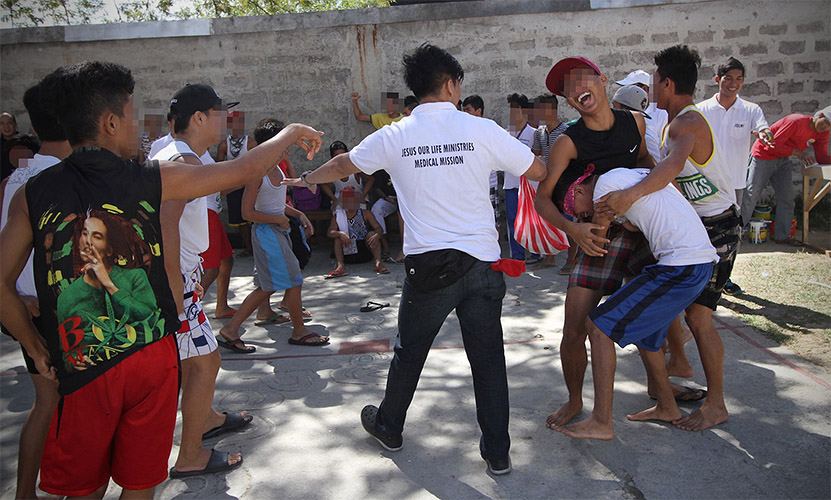
Senator Win Gatchalian is considering filing an amendment to Republic Act No. 9258 or the Guidance and Counseling Act of 2004 to enable the Department of Education to hire more guidance counselors in schools.
The guidance counselors, Gatchalian said, are vital for schools to be able to adequately address the needs of children-at-risk (CARs) in order to prevent them from becoming children in conflict with the law (CICLs) or juvenile offenders.
In particular, the lawmaker said he is looking to modify the qualifications for the guidance counselor licensure examination as provided in Section 13 of the law.
“The current requirements of the law may be too stringent and may have been a factor in the low number of guidance and counseling graduates applying for a license. Sa ngayon kasi bago ka makapag-board exam para makakuha ng lisensya, required na may master’s degree sa guidance and counseling ang isang aplikante,” he said.
“Para magkaroon ng lisensya ang isang teacher, bachelor’s degree lang ang kailangan bago makapag-board exam. So we are now looking into the possibility of allowing bachelor’s degree holders to take the guidance and counseling licensure exam and waive the licensure exam requirement for those with at least a master’s degree and relevant experience,” he added.
Moreover, Gatchalian said they are also looking into revisiting and relaxing the guidance counselor to student ratio requirement to be able to arrive at a feasible number, both for the guidance counselors and the budget needed for their salaries.
DepEd requires public and private elementary and high schools to hire one guidance counselor for every 500 students. The Philippines, however, only has 3,220 registered guidance counselors as of July 2017 since the first batch of licensure examinees in 2008.
Gatchalian said with the current requirement of DepEd, 52,264 guidance counselors are needed nationwide are need for the 26,311,949 students from kindergarten to senior high school as of Academic Year 2017-2018.
“Kailangan natin ang guidance counselors para maituwid ang landas nila ng mga CAR. Tinuturing natin na pangalawang tahanan para sa mga kabataan ang ating mga paaralan, therefore, children, especially CARs should be nurtured in schools beyond academic learning para hindi sila tuluyang maging CICLs,” he added.
The lawmaker stressed that strengthening counseling in schools and keeping children in schools is a better alternative in providing intervention programs for CARs and CICLs rather than lowering the minimum age of criminal responsibility (MACR).
According to the Juvenile Justice and Welfare Council (JJWC), the typical profile of a CICL is male, 14-17 years old, and has low educational attainment or stopped schooling.


